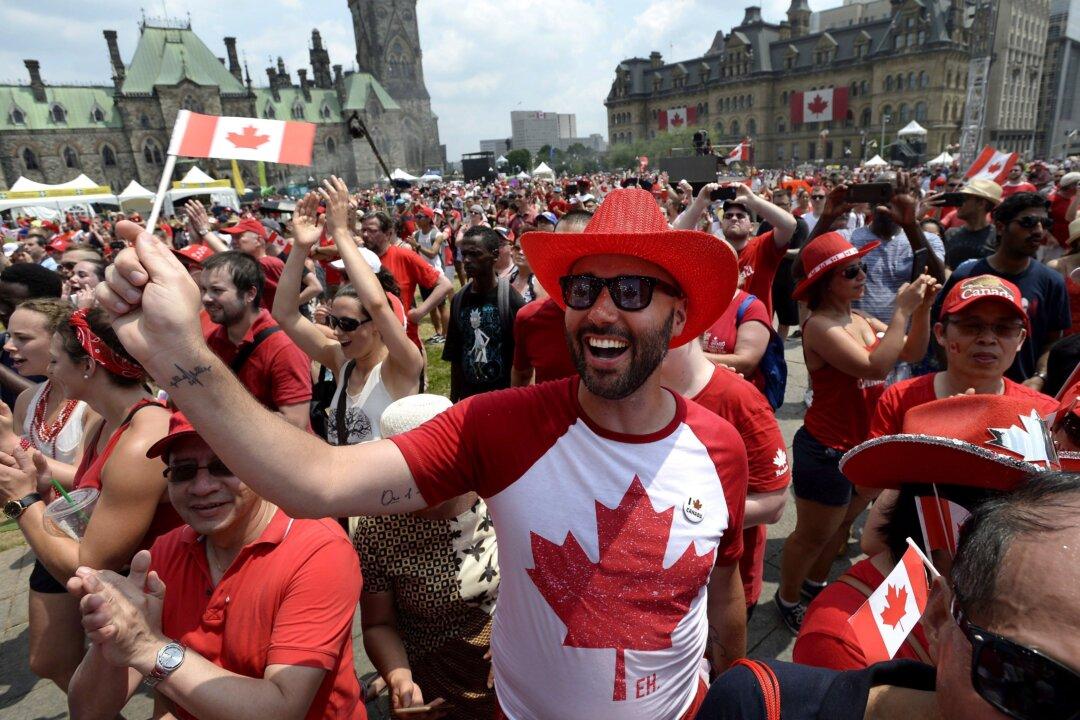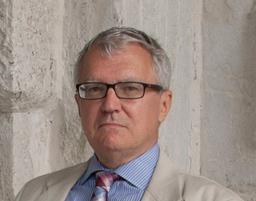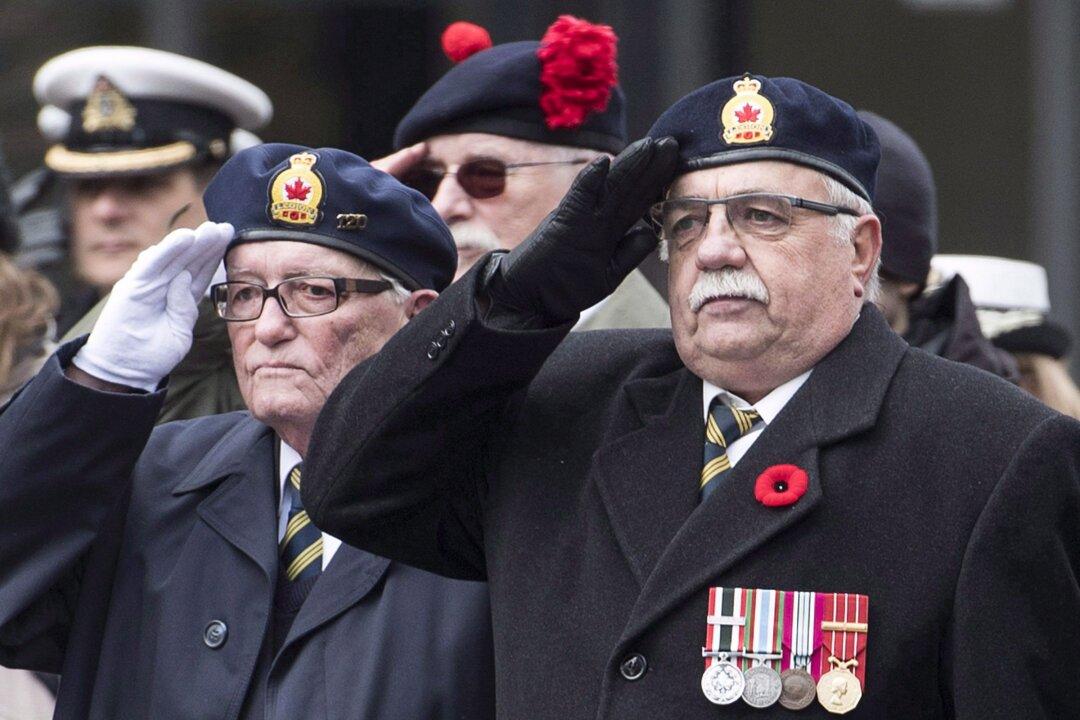On July 1, 1867, the British North America Act came into effect and three British colonies in North America became “One Dominion under the name of Canada.” It was anticipated, and promptly came to pass—except for Newfoundland, which didn’t join Canada until 1949—that the three other British colonies in North America would join Canada and the unorganized British territory to the West and North would come under the Dominion’s jurisdiction. It was seen as the founding of a vast new country, larger in territory than the United States, with a bright future.
Thus, July 1 became a public holiday celebrated generally—and officially until 1982—as Dominion Day.


